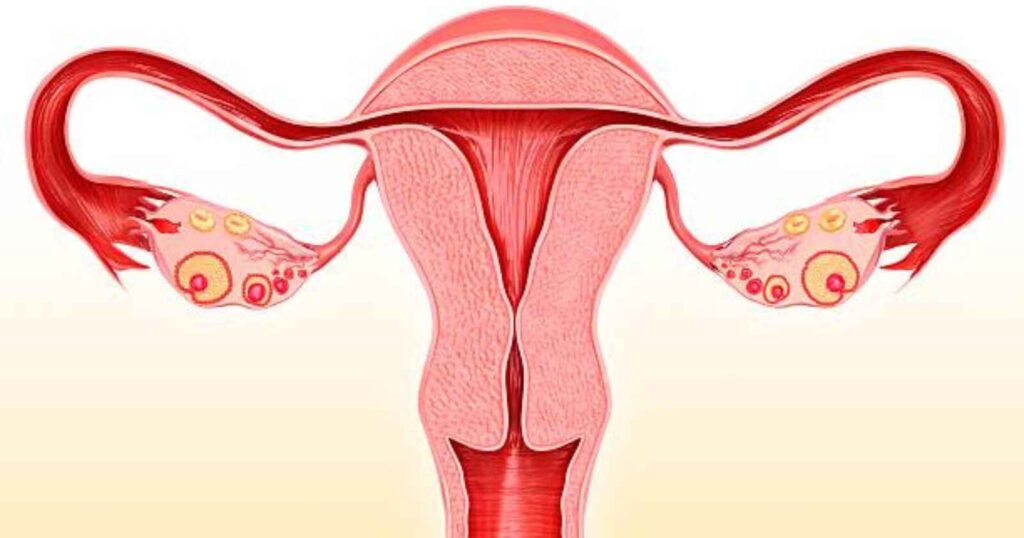how many days egg live in uterus
Understanding the Lifespan of an Egg in the Uterus
how many days egg live in uterus: In the intricate dance of human reproduction the journey of an egg or ovum from its origin in the ovaries to its potential fertilization or demise is a fascinating study of biological precision and timing. A common question that arises in discussions about fertility and conception is: How long does an egg live once its released into the uterus? To answer this its crucial to delve into the stages of ovulation and the subsequent lifespan of an egg.

credit: PIXOLOGICSTUDIO/SCIENCE PHOTO LIBRARY
The Ovulation Process
Ovulation is a phase within the menstrual cycle when hormonal changes trigger one of the ovaries to release a mature egg. This event usually occurs midway through the cycle around day 14 in a typical 28 day cycle though it can vary widely among individuals and even from month to month for the same person. Once the egg is released it is captured by the fimbriae the fringed ends of the fallopian tube and begins its journey toward the uterus.
Lifespan of the Egg
Contrary to the initial question the egg does not actually spend its lifespan within the uterus. Instead its critical period of potential fertilization occurs within the fallopian tube. After ovulation the egg remains viable and capable of being fertilized for about 12 to 24 hours. This relatively short window is when fertilization by a sperm must occur if a pregnancy is to be established.
The Role of Sperm
For fertilization to be possible sperm must encounter the egg within this narrow timeframe. Sperm however have a longer lifespan within the female reproductive tract and can survive for up to 5 days after sexual intercourse. This means that intercourse that occurs a few days before ovulation can still result in pregnancy as sperm can wait in the fallopian tubes for the egg to be released.
What Happens After the 24-hour Window
If the egg is not fertilized within 24 hours it begins to degrade and is eventually absorbed by the body or expelled during the menstrual cycle. The uterine lining which thickens in anticipation of a fertilized egg is shed if fertilization does not occur leading to menstruation.
Factors Influencing Egg Viability
The viability of an egg can be influenced by several factors including the age of the woman. As a woman ages the quality and quantity of her eggs diminish which can affect the eggs lifespan and the overall chances of conception. Lifestyle factors such as smoking excessive alcohol use and extreme weight fluctuations can also impact fertility and the health of the eggs.